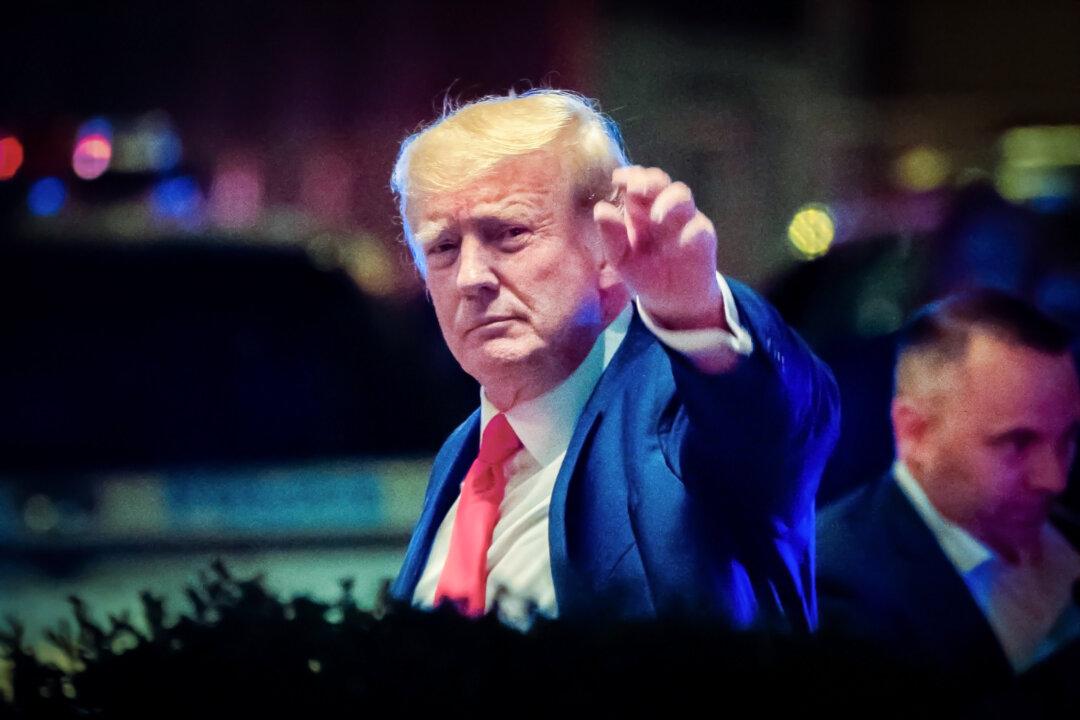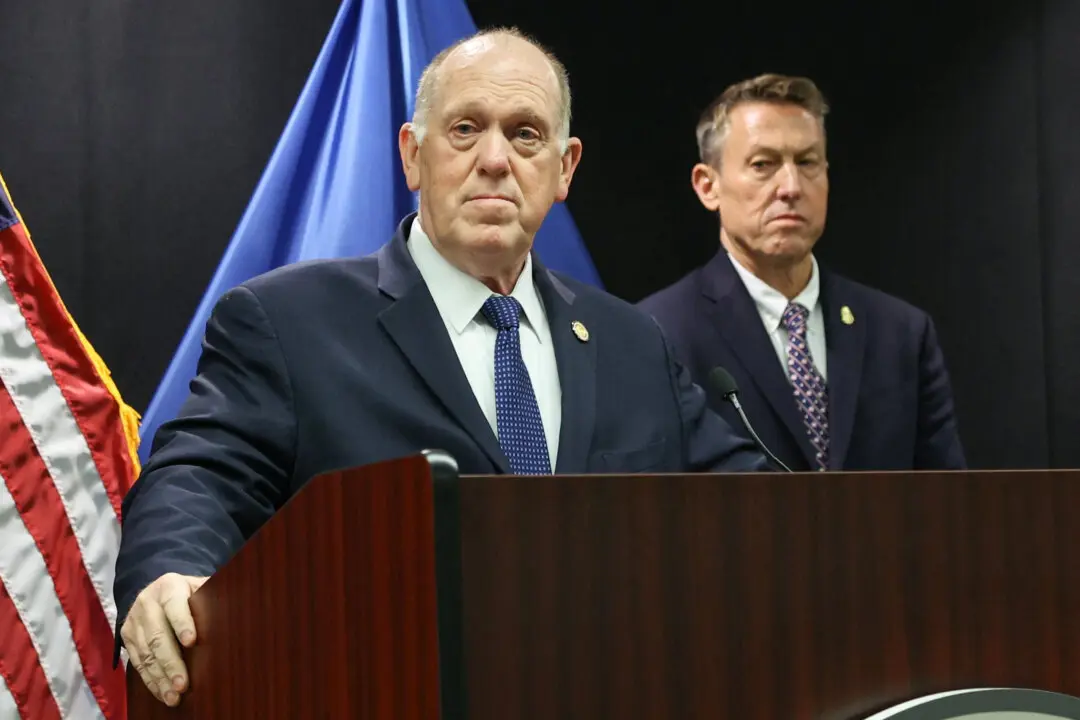Sen. Roger Marshall (R-Kan.) became the 13th senator to endorse former President Donald Trump’s reelection bid on Monday, saying that the GOP “political primary charade” needs to end.
“While others may try to imitate him, only President Trump will put our country back on track on day one,” Mr. Marshall said. “It’s time for the GOP to unite behind President Trump. Let’s end the political primary charade and focus on retiring Joe Biden.”





